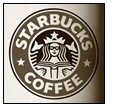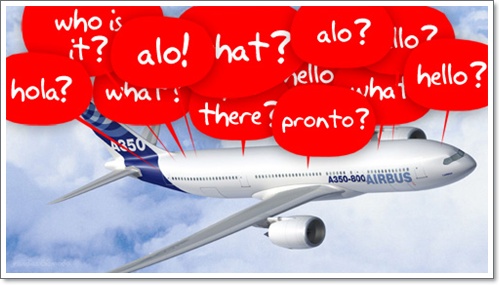As defined by Wikipedia:
 Banana republic is a pejorative term for a small, often Latin American, Caribbean or African country that is politically unstable, dependent on limited agriculture, and ruled by a small, self-elected, wealthy and corrupt clique.
Banana republic is a pejorative term for a small, often Latin American, Caribbean or African country that is politically unstable, dependent on limited agriculture, and ruled by a small, self-elected, wealthy and corrupt clique.
In most cases they have kept the government structures that were modeled after the colonial Spanish ruling clique, with a small, largely leisure class on the top and a large, poorly educated and poorly paid working class of peons.
The term was coined by O. Henry, an American humorist and short story writer, in reference to Honduras. “Republic” in his time was often a euphemism for a dictatorship, while “banana” implied an easy reliance on basic agriculture and backwardness in the development of modern industrial technology.
Frequently the subject of mockery and humour, and usually presided over by a dictatorial military junta that exaggerates its own power and importance—”the epaulettes of a banana republic generalissimo” are proverbially of considerable size, usually portrayed in satire with a pair of mops—a banana republic also typically has large wealth and income inequities, poor infrastructure, poor schools, a backward economy, low capital spending, a reliance on foreign capital and money printing, budget deficits, and a weakening currency.
Banana republics are typically also highly prone to revolutions and coups.


 Why do certain companies inspire shelves of great books, while other notable businesses inspire few? Starbucks, a 37-year-old company, has generated more than two dozen major books in its short lifetime. There are books that extract life lessons from the company’s growth, books that share recipes from the company’s coffee mavens, and even one recent title preaching The Gospel According to Starbucks (really). No fewer than five Starbucks executives have penned their own works.
Why do certain companies inspire shelves of great books, while other notable businesses inspire few? Starbucks, a 37-year-old company, has generated more than two dozen major books in its short lifetime. There are books that extract life lessons from the company’s growth, books that share recipes from the company’s coffee mavens, and even one recent title preaching The Gospel According to Starbucks (really). No fewer than five Starbucks executives have penned their own works.










 Banana republic is a pejorative term for a small, often Latin American, Caribbean or African country that is politically unstable, dependent on limited agriculture, and ruled by a small, self-elected, wealthy and corrupt clique.
Banana republic is a pejorative term for a small, often Latin American, Caribbean or African country that is politically unstable, dependent on limited agriculture, and ruled by a small, self-elected, wealthy and corrupt clique.